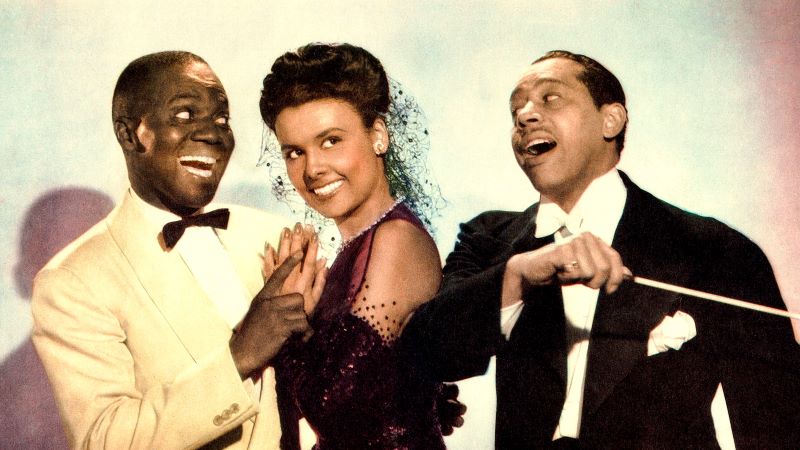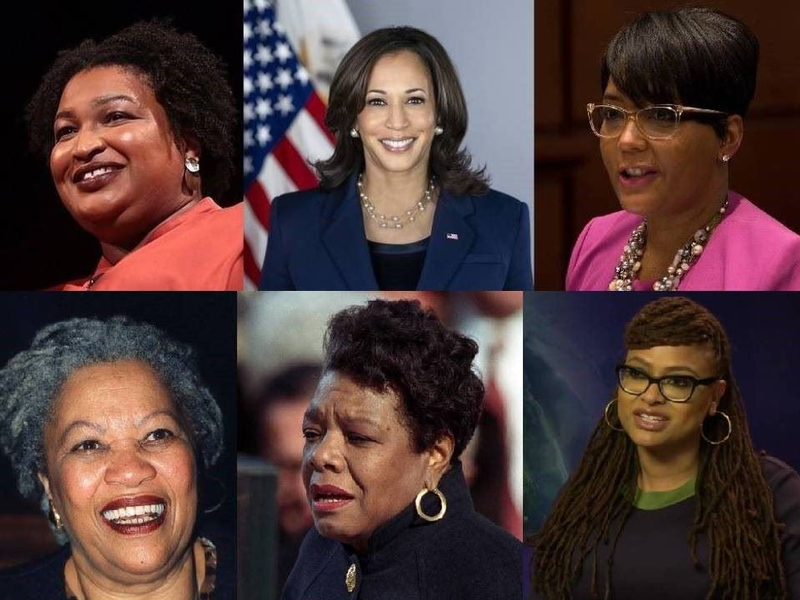
Image: Collage of influential women, credits found below in article.
Have you ever heard someone use the phrase “I Am Woman, Hear me Roar”? The phrase came from a Grammy-winning hit by the late Australian singer Helen Reddy, released back in the 70s. It became an anthem for women around the world, and to date, the lyrics still ring true.
Wherever there has been struggle, Black women have been identified with that struggle. They have been and continue to be victims of racial oppression, sex discrimination, and class stratification.
All over the world and throughout history, we have seen Black women starting successful businesses, revolutionizing industries, and creating jobs without getting the recognition they deserve. Those looking to climb the corporate ladder have to constantly prove themselves, putting in twice the effort to succeed in the workplace. Irrespective of the efforts, they are more likely to have colleagues question their competence.
McKinsey’s and LeanIn.org’s 2022 Women In the Workplace Report revealed that:
“Compared to other women at their level, Black women leaders are more likely to have colleagues question their competence and to be subjected to demeaning behavior—and one in three Black women leaders says they’ve been denied or passed over for opportunities because of personal characteristics, including their race and gender.”
Despite all they have been through, from the suffragette movement to the civil rights era, Black women have continued to push forward, shattering glass ceilings, disrupting industries, and setting examples of excellence, resilience, and leadership. From politics and activism to business and the arts, these women have proven over and over again that they can do anything, demonstrating that success is attainable regardless of race or gender.
In a world striving for diversity, equity, and inclusivity, Black women have been at the frontlines, making sure their voices are heard as they stand up for their rights while leading the charge toward a more inclusive and equitable world.
Black women Leading in Corporate Spaces
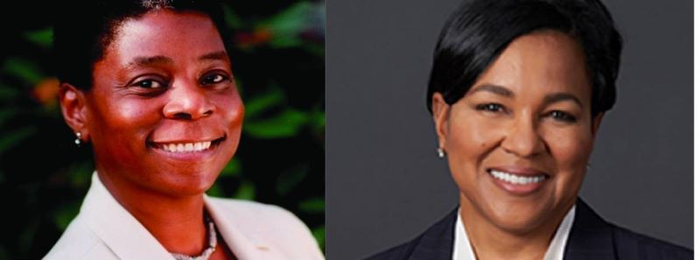
Ursula Burns (Public Domain Image) and Rosalind Brewer (Detroit Regional Chamber)
Black women are claiming leadership positions in the corporate world, challenging traditional norms. According to the 2024 Wells Fargo Impact of Women-Owned Business Report, in partnership with Ventureneer, CoreWoman, and Women Impacting Public Policy (WIPP), the number of women-owned businesses between 2019 and 2023 increased at nearly double the rate of those owned by men; and from 2022 to 2023, the rate of growth increased to 4.5 times.
Now, women of color are 4.5 times more likely to start a business than other demographics.
Ursula Burns showed that the corporate world’s glass ceiling was meant to be shattered as she etched her name in history as the first Black woman to lead a Fortune 500 company. Rosalind Brewer became the first African American to lead a Walmart division, shattering norms in both race and gender. These women and countless other Black women are making history as they reshape the narrative for future generations.
Black Women Spearheading Educational Revolutions

Dr. Beverly Daniel Tatum (beverlydanieltatum.com), Dr. Mae Jemison (Public Domain), Nikole Hannah-Jones (Wikimedia Commons), Dr. Johnetta B. Cole (Public Domain)
Figures like Dr. Beverly Daniel Tatum, Dr. Mae Jemison, Nikole Hannah-Jones, Dr. Johnnetta B. Cole, Chanelle Hardy, and many others are transforming educational landscapes, paving the way for a more inclusive and equitable future. They have become catalysts for change in the realm of education, spearheading innovative reforms that impact students of all backgrounds.
Black Women Leading in Politics and Social Justice

Stacey Abrams (Credit: Gage Skidmore via Wikimedia Commons), Kamala Harris (Public Domain), Keisha Lance Bottoms (Wikimedia Commons)
From the earliest days of the nation to today’s struggles for justice, representation, and equality, Black women have played a central role in leading policy and political movements. They are powerful agents of change which is reflected in their voting power. Barack Obama would not have won the 2012 presidential election without the votes of Black women. Women like Stacey Abrams, Kamala Harris, Keisha Lance Bottoms, and Mia Love are breaking barriers and redefining what is possible in the realm of politics. Alicia Garza, Opal Tometi, and Patrisse Cullors have carried on the legacy of civil rights activists by helping to launch the Black Lives Matter movement. Powerful advocates like Tarana Burke, the founder of the #MeToo movement, have given a voice to survivors of sexual violence.
Black women leading the charge toward health equity
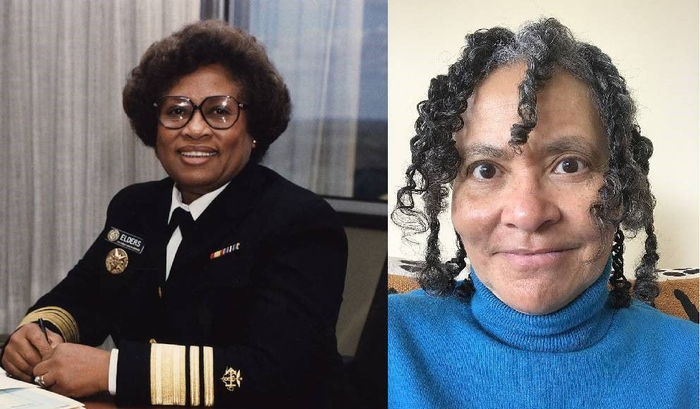
Dr. Jocelyn Elders (Public Domain), Dr. Camara Jones (Credit: Aaron Shirley via Wikimedia Commons)
The commitment of women like Dr. Joycelyn Elders, Dr. Camara Jones, Dr. Aletha Maybank, and Melinda Gates to health equity serves as an inspiration to others to strive toward a more inclusive and compassionate future in the realm of public health. These women are tirelessly working to address disparities and create inclusive spaces within the healthcare landscape.
Black Women Shaping the Narrative in the Cultural Sphere
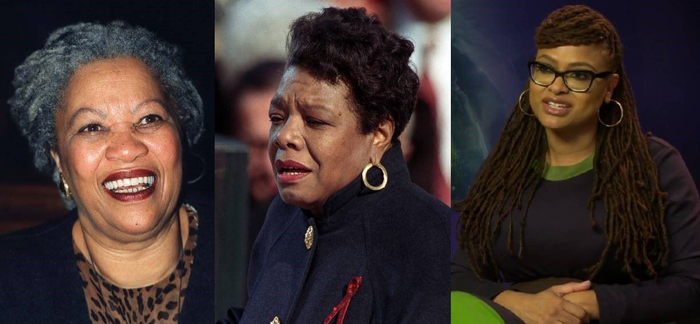
Toni Morrison (Wikimedia Commons), Maya Angelou (Public Domain), Ava Duvernay (Wikimedia Commons)
Black women have been the architects of change in the cultural sphere. Toni Morrison, Alice Walker, Maya Angelou, Ava DuVernay, Chimamanda Ngozi Adichie, and Beyoncé are just a few examples of Black women who have challenged stereotypes through literature, music, and art. From literature and arts to entertainment and fashion, these women have showcased the richness of Black culture, nationally and globally as they leave an indelible mark on the cultural fabric.




